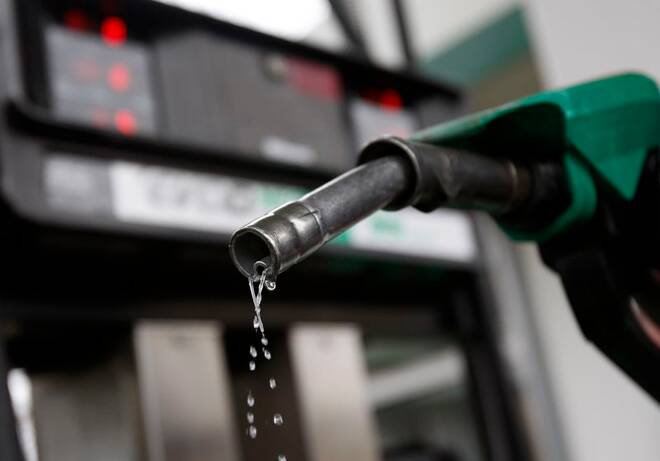Advertisement
Advertisement
Hungary, Slovakia to get end-2023 exception to Russian oil embargo – source
By:
By Francesco Guarascio BRUSSELS (Reuters) - Hungary and Slovakia will be able to continue buying Russian crude oil until the end of 2023 under existing contracts, an EU source told Reuters on Wednesday, benefitting from exemptions from an oil embargo proposed by the European Commission.
By Francesco Guarascio
BRUSSELS (Reuters) – Hungary and Slovakia will be able to continue buying Russian crude oil until the end of 2023 under existing contracts, an EU source told Reuters on Wednesday, benefitting from exemptions from an oil embargo proposed by the European Commission.
The EU executive on Wednesday proposed a ban on EU imports of Russian crude oil within six months, and on refined oil products by the end of the year.
In a bid to convince reluctant countries not to veto the proposal, Brussels has proposed a longer period to implement the embargo for Hungary and Slovakia, the source said, declining to be named because of the sensitivity of the matter.
The exception would concern existing contracts for crude oil signed by Hungary and Slovakia with Russia.
The source declined to comment about whether the exemption also concerned refined products.
The Commission’s proposal is under discussion. It needs backing of all EU governments to be adopted. A meeting of EU envoys started at 0730 GMT on Wednesday to debate the matter.
A second source, familiar with the discussions, said that the proposed delayed embargo for Hungary and Slovakia until the end of 2023 could be the compromise that is needed to reach an agreement.
Hungary, heavily dependent on Russian oil, has repeatedly said it would not sign up to sanctions involving energy. Slovakia is also among the EU countries most reliant on Russian fossil fuels.
Overall, the EU is dependent on Russia for 26% of its oil imports.
Slovakia and Hungary, both on the southern route of the Druzhba pipeline bringing Russian oil to Europe, received respectively 96% and 58% of their crude oil and oil products imports from Russia last year, according to the International Energy Agency.
(Reporting by Francesco Guarascio @fraguarascio, additional reporting by Gabriela Baczynska; editing by Louise Heavens and Jason Neely)
Related Articles
About the Author
Reuterscontributor
Reuters, the news and media division of Thomson Reuters, is the world’s largest international multimedia news provider reaching more than one billion people every day. Reuters provides trusted business, financial, national, and international news to professionals via Thomson Reuters desktops, the world's media organizations, and directly to consumers at Reuters.com and via Reuters TV. Learn more about Thomson Reuters products:
Did you find this article useful?
Latest news and analysis
Advertisement
